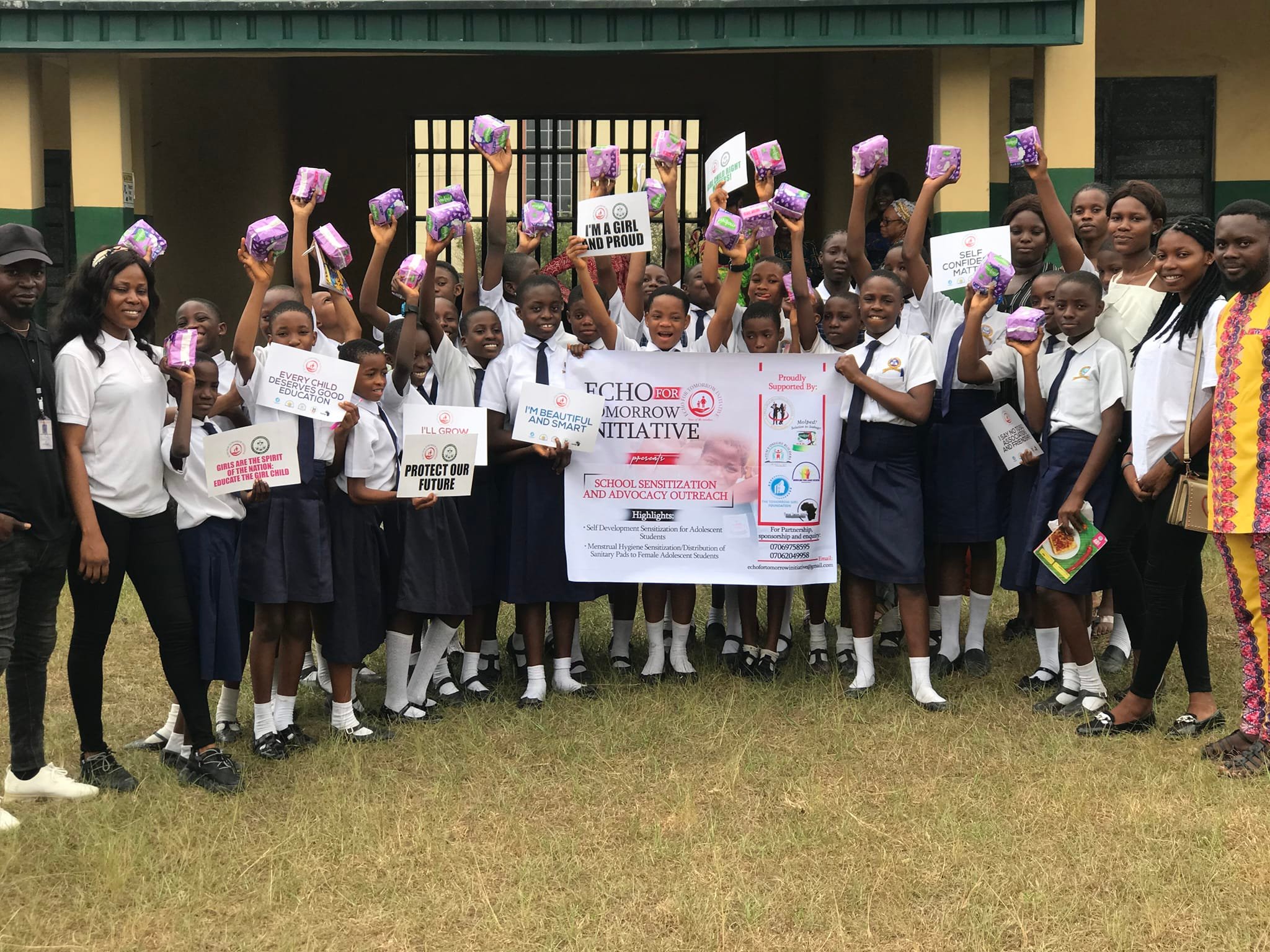Funmi Bankole sold cold drinks to survive; now she is a best-selling author

|
Getting your Trinity Audio player ready...
|
Once, there was a girl who stood in the scorching sun all day, selling cold drinks to people in their air-conditioned cars. However, as days turned to years, she became a best-selling author, a multiple real estate owner, a theologist, and a source of inspiration to many. Funmi Bankole best-selling author
In 2022, the National Bureau of Statistics revealed that 63% of Nigeria’s 133 million people are multidimensionally poor, with 40.1% living below the poverty line of 376 Naira—less than 1 dollar a day. Since women constitute over 60% of the poorest people in Nigeria, approximately 52 million women live in the clutches of extreme poverty.
Funmi Bankole was one of the women in this situation, having first-hand experience of poverty. However, in 1991, Ms Bankole, despite having to sell drinks to survive as a child, travelled out of Nigeria, turned her life around, and built homes to aid vulnerable women. In this inspiring conversation, Ms Bankole shared her strategy for success.
How Funmi Bankole climbed the ladder of success
Your early years were marked by financial struggles. At 9, you had to work as a street seller. As an adult, you emigrated. Please tell us more about your childhood and how it impacted you as an adult.
Born into a poor family, I was exposed to the harsh realities of poverty and inequality. I saw firsthand the contrast between the rich and the poor, which sparked a fire within me to succeed. My experiences as a street seller taught me valuable lessons about entrepreneurship, hard work, and determination.
You emigrated from Nigeria to the UK in 1991 with little money. What motivated you to leave the country, and how were you able to fund your travel?
The harsh realities of poverty and limited opportunities in my home country drove the desire for a better life. As a student nurse, I had to think creatively. I started by collecting imported goods such as shoes, bags, and perfumes from travellers and selling them to banks, hospitals, and school staff. I would collect payment twice, once upfront and again when salaries were paid at the end of the month. I offered quality products at competitive prices, making me a preferred seller.
I also had a wholesale supplier who introduced me to a factory, allowing me to collect shoes on his account and pay him directly. This arrangement helped me fund my education and my trip to the UK.
What challenges and opportunities did you encounter as an immigrant in the UK? How were you able to navigate and optimise them?
The most significant challenge was adapting to an unfamiliar environment and navigating the complexities of a foreign culture. I began by working as a cleaner in a school, earning a modest £30 per week for 10 hours of work. While my colleagues would often discuss their social lives and weekend plans, I could not help but wonder how they afforded such luxuries on our meagre wages. However, I knew I had to think differently and focus on my goals.
I recognised that the UK offered numerous educational opportunities, personal growth, and career advancement opportunities. I seized these opportunities, pursuing further education and training in healthcare, which led to better job prospects and higher earning potential.
You have authored many books, including Women in Waiting. What inspired you to launch your recent book From Lagos to London? What insights should potential readers expect from the book?
My latest book is a personal and inspiring story of overcoming adversity and achieving success against all odds. I wrote this book to share my journey and empower others facing similar challenges. The book is a testament to the human spirit’s ability to persevere and thrive in adversity. The book also offers guidance on overcoming cultural and societal barriers and motivation to succeed through hard work and perseverance.
What would you recommend as the best way to build a successful business as an immigrant in a foreign country, especially in real estate?
Building a successful business as an immigrant in a foreign country requires careful consideration and strategic planning. Starting small and adapting to changing circumstances is essential in the real estate sector. I recommend grabbing opportunities as they arise, even if they initially seem insignificant. This could mean teaming up with friends to invest in property or exploring alternative strategies like subletting or renting out rooms.
You are a healthcare professional, writer, landlady, and theological student. Please share how you manage these multiple responsibilities while engaging in self-care.
My experiences have taught me the value of self-care and time management. I write during moments of relaxation, often in bed, allowing me to reflect and share my insights with others. Through it all, I prioritise self-care, recognising that my well-being is crucial to fulfilling my responsibilities and pursuing my passions.
What advice would you give to young women aspiring to reach the peak of their careers and build a financially stable future?
Believe in yourself and your abilities. Self-doubt can be a significant barrier to success, so it is crucial to trust in your capabilities. Draw inspiration from successful women who have come before you, but do not try to emulate them. Instead, find your unique path and celebrate what sets you apart. You have the power within you to succeed; just look inward.
How can readers access copies of your book digitally and in stores?
Paperback and digital copies of From Lagos to London can be found on Amazon, Barnes & Noble, and other good bookstores. Additionally, all my ebooks can be purchased on my website – www.funmianubankole.com.
This story was first published on SHEHUB.tv






